
Understanding why the first pieces fell in the transatlantic transfers domino
Two decisions issued by Data Protection Authorities (DPAs) in Europe and published in the second week of January 2022 found that two websites, one run by a contractor of the European Parliament (EP), and the other one by an Austrian company, have unlawfully transferred personal data to the US merely by placing cookies (Google Analytics and Stripe) provided by two US-based companies on the devices of their visitors.
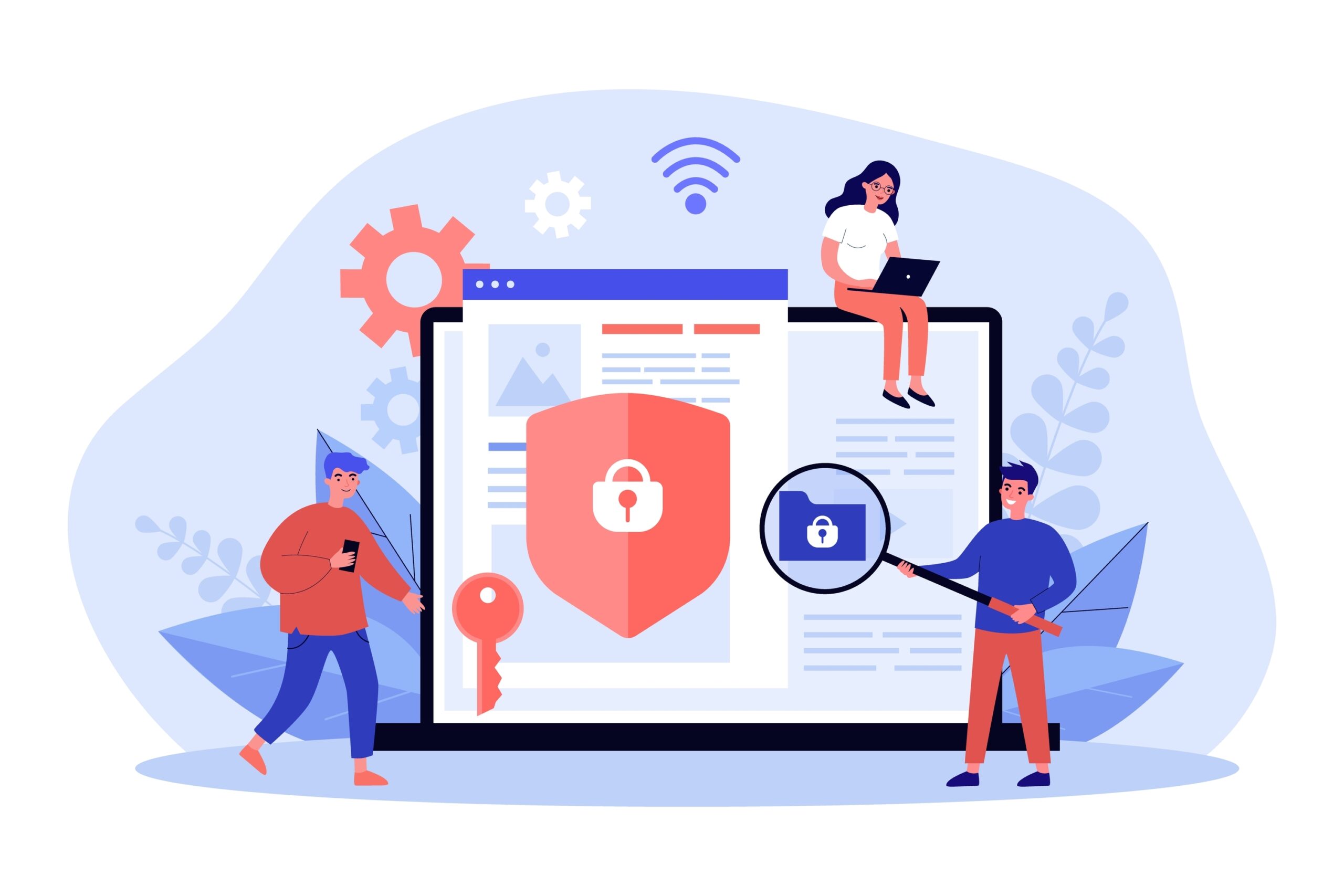
5 Tips for Protecting Your Privacy Online
Today, almost everything we do online involves companies collecting personal information about us. Personal data is collected and regularly used for a number of reasons – like when you use social media accounts, when you shop online or redeem digital coupons at the store, or when you search the internet. Sometimes, information is collected about […]
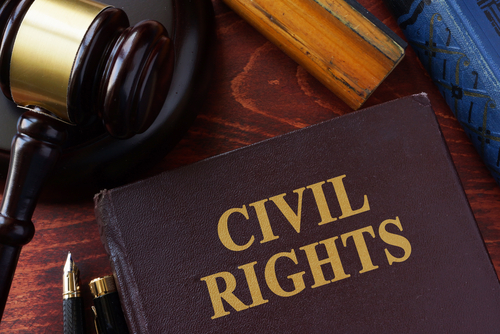
Addressing the Intersection of Civil Rights and Privacy: Federal Legislative Efforts
Last month, the National Telecommunications and Information Administration (NTIA) hosted virtual listening sessions on the intersection of data privacy, equity, and civil rights. Around the same time, the FTC announced that they will begin rulemaking on discriminatory practices in automated decision making, and currently, an influx of state legislation containing civil rights provisions have been […]
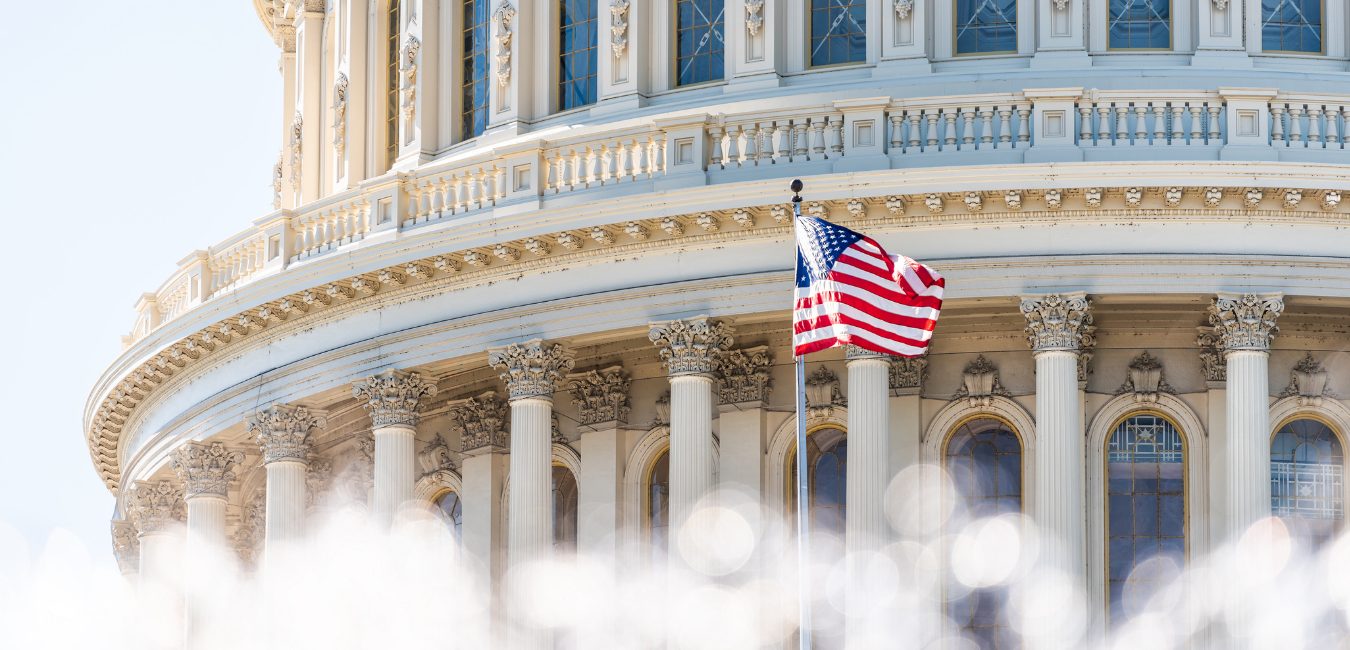
12th Annual Privacy Papers for Policymakers Awardees Explore the Nature of Privacy Rights & Harms
The winners of the 12th annual Future of Privacy (FPF) Privacy Papers for Policymakers Award ask big questions about what should be the foundational elements of data privacy and protection and who will make key decisions about the application of privacy rights. Their scholarship will inform policy discussions around the world about privacy harms, corporate […]

Overcoming Hurdles to Effective Data Sharing for Researchers
In 2021, challenges faced by academics in accessing corporate data sets for research and the issues that companies were experiencing to make privacy-respecting research data available broke into the news. With its long history of research data sharing, FPF saw an opportunity to bring together leaders from the corporate, research, and policy communities for a conversation […]

Anita L. Allen

“Are crumbles all that remains of the cookies?” A conversation on the future of ad tech at the Nordic Privacy Arena 2021
On September 27 and 28, 2021, the Swedish Data Protection Forum (Forum för Dataskydd) hosted the 2021 edition of the Nordic Privacy Arena (“Operationalising Data Privacy – Challenges, best practices, and success stories”) in Stockholm, Sweden. This hybrid event brought together privacy practitioners, watchdogs, and academics to debate some of the most pressing issues regarding […]
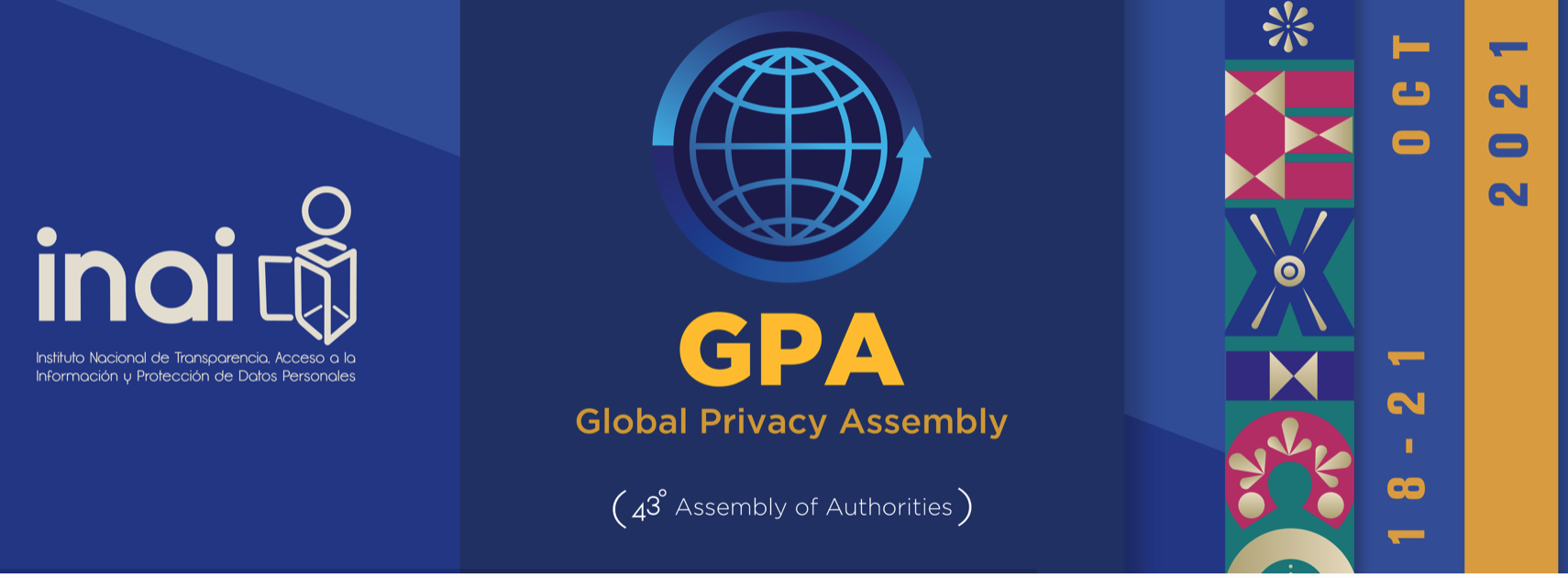
Dispatch from the Global Privacy Assembly: The brave new world of international data transfers
The future of international data transfers is multi-dimensional, exploring new territories around the world, featuring binding international agreements for effective enforcement cooperation and slowly entering the agenda of high level intergovernmental organizations. All this surfaced from notable keynotes delivered during the 43rd edition of the Global Privacy Assembly Conference, hosted remotely by Mexico’s data protection authority, INAI, on October 18 and 19.

Event Report from DigitalxADB: Driving Digital Development across Asia and the Pacific
On October 27, the Future of Privacy Forum (FPF)’s Asia-Pacific office and the Asian Development Bank (ADB) co-hosted an online event titled, “Trade Offs or Synergies? Data Privacy and Protection as an Engine of Data Driven Innovation” in the context of DigitalxADB. This edition was the third in ADB’s series of annual knowledge-sharing events for representatives of ADB’s […]
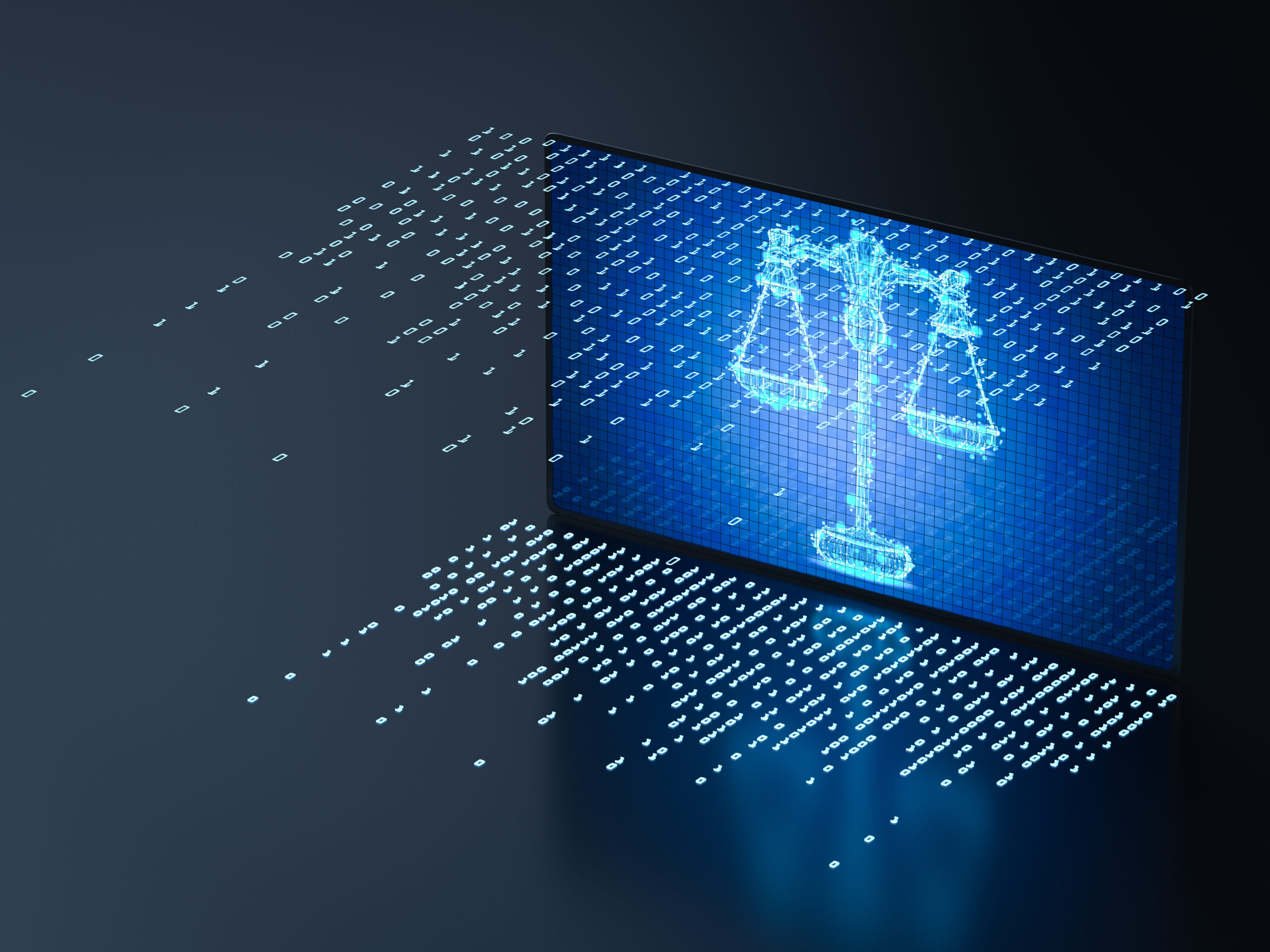
Five Things Lawyers Need to Know About AI
Lawyers are trained to respond to risks that threaten the market position or operating capital of their clients. However, when it comes to AI, it can be difficult for lawyers to provide the best guidance without some basic technical knowledge. This article shares some key insights from our shared experiences to help lawyers feel more at ease responding to AI questions when they arise.
